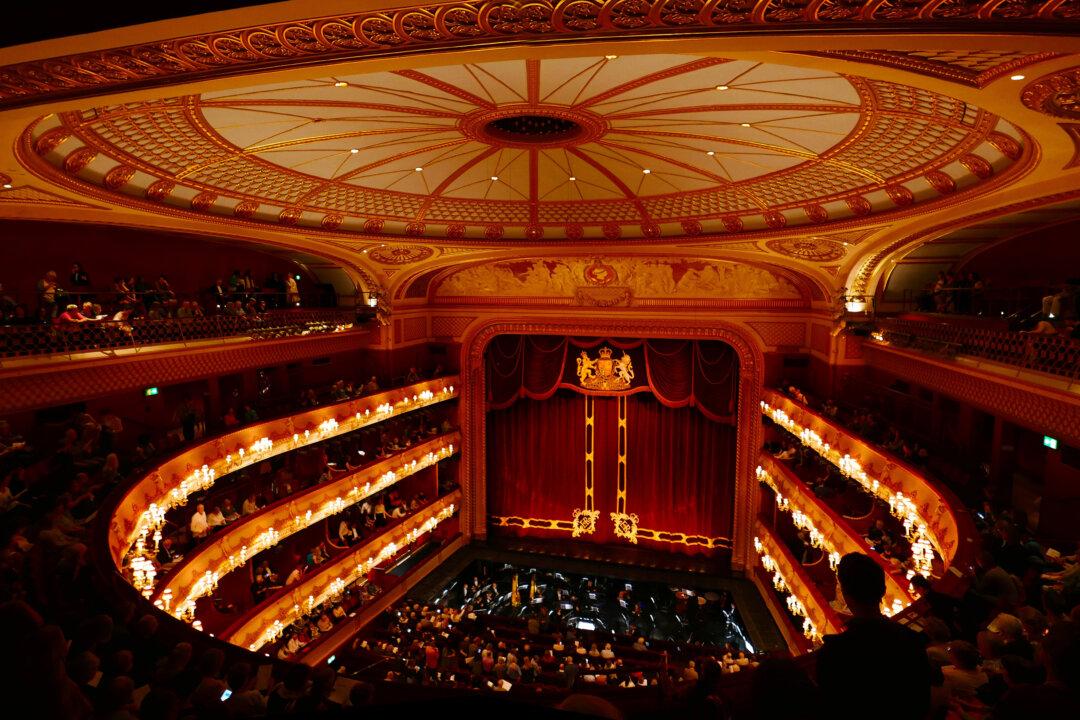By Jeremy Reynolds
From Pittsburgh Post-Gazette
Watching a crowd at the Royal Opera House in London is not like watching the crowd at a Pittsburgh Opera performance.

Watching a crowd at the Royal Opera House in London is not like watching the crowd at a Pittsburgh Opera performance.